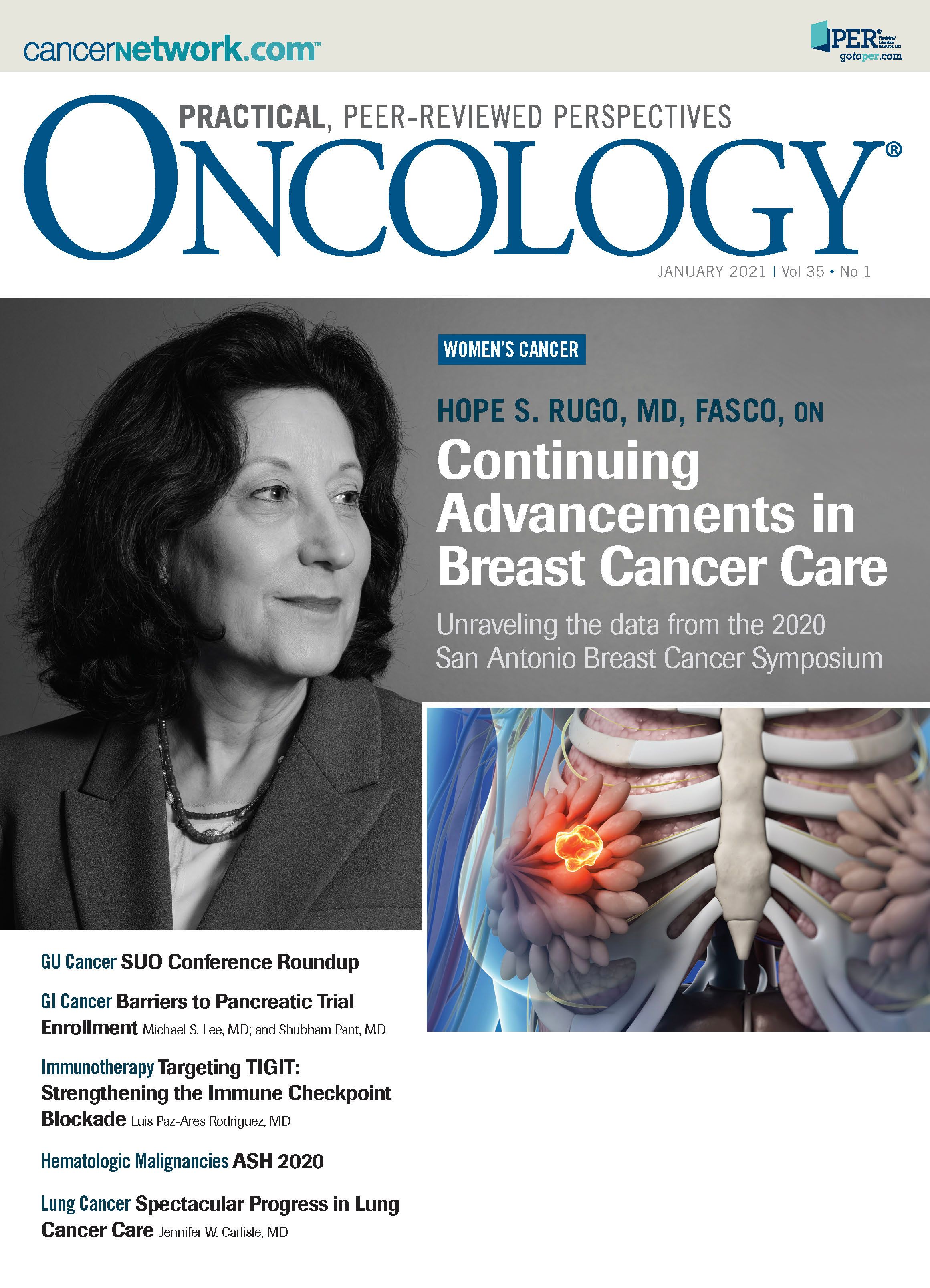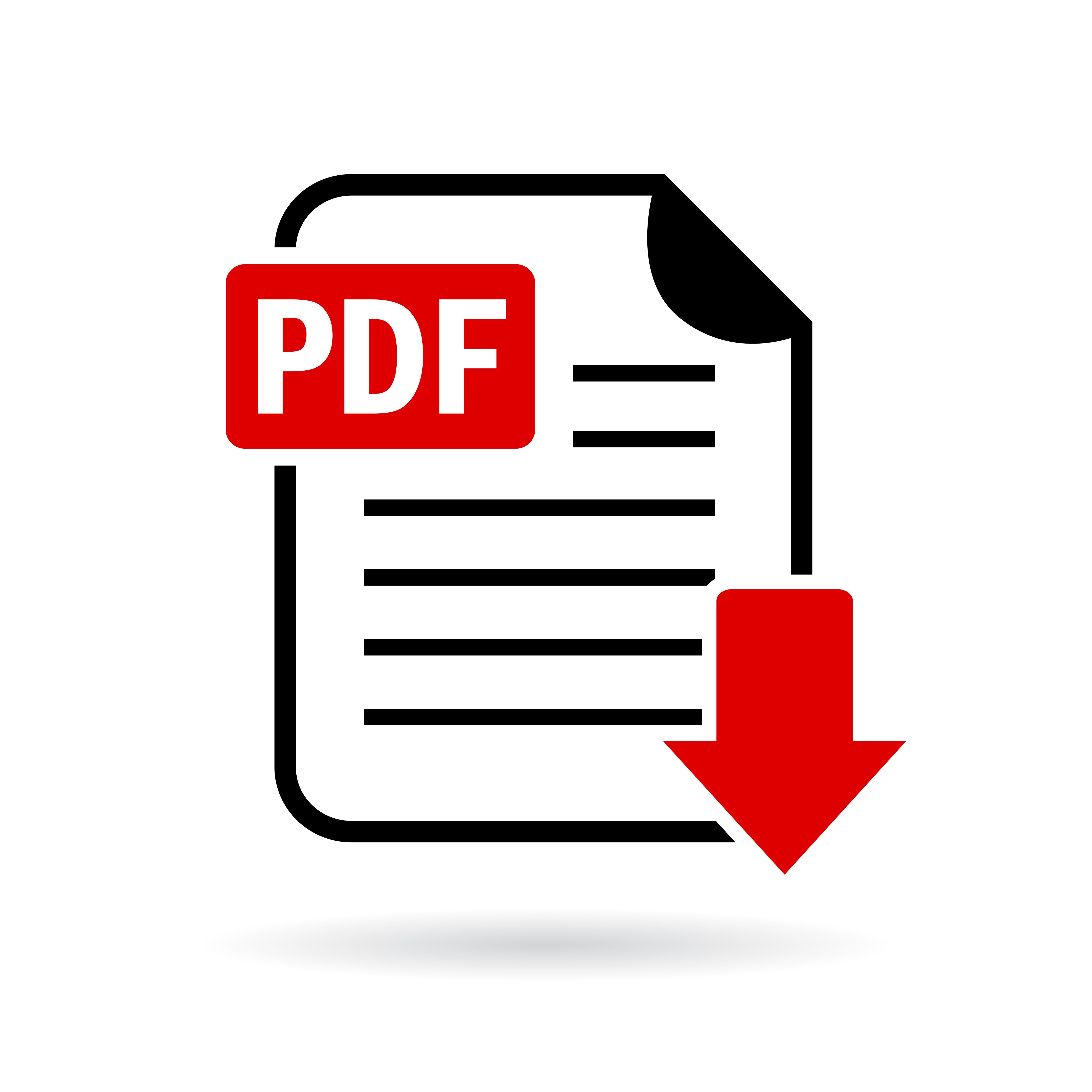Looking Toward a Bright Future: 2020 ASH Virtual Meeting Delivers Promising Data
The 2020 American Society of Hematology Meeting and Exposition included several exciting presentations and promising data for patients with various hematologic malignncies.
Despite the ongoing coronavirus disease 2019 (COVID-19) pandemic, a very exciting virtual American Society of Hematology (ASH) Meeting & Exposition took place in early December 2020. The conference featured presentations focusing on the diagnosis, treatment, and prevention of disorders affecting the blood and bone marrow, as well as the immunologic, hemostatic, and vascular systems. The meeting kicked off with a “fireside chat” with Anthony Fauci, MD, who discussed the COVID-19 pandemic in relationship to specific issues for patients with hematologic malignancy and their increased risk of COVID-19 infection. In addition, he highlighted some of the information and pathophysiology related to the increased risks of thrombosis with COVID-19 infection. Quite a number of the abstracts this year focused on disseminating information on populations with hematologic malignancy and evaluating their risks and modifications of therapy related to COVID-19.
One exciting area that investigators highlighted was the use of gene editing with clustered regularly interspaced short palindromic repeats–Cas9 for blood stem cells that were then used in an autologous blood cell transplant for patients with β-thalassemia and sickle cell disease, as well as investigational gene therapy that provided effective transduction in patients with hemophilia B. These types of gene therapies could decrease the short- and long-term effects of these debilitating diseases.
Other exciting presentations included updates with longer follow-up on previously presented studies of chimeric antigen receptor (CAR) T-cell therapies in lymphoma and multiple myeloma. Many of the responses were found to be durable with longer follow-up. In addition, other subtypes of lymphoma, such as relapsed/refractory indolent lymphoma, may benefit from the use of CAR T-cell therapy. Investigators are studying CAR T-cell therapies as part of the initial therapy protocol for patients with aggressive, high-risk non-Hodgkin lymphoma who are felt to have a very poor outcome with standard chemotherapy alone. Presenters also offered initial information about this high-risk group as well as types of dual-target CAR T-cell therapies. Off-the-shelf allogeneic CAR T cells for lymphoma and multiple myeloma treatment are also under investigation.
The meeting also included initial data on several bispecific antibodies (BiTEs; targeting GPRC5D and CD3) and BFCR4350A (targeting FcRH5 and CD3) in multiple myeloma. In addition, multiple BiTEs that typically target CD20 or CD19 and CD3 are under investigation for treatment of multiply relapsed non-Hodgkin lymphoma and have demonstrated some interesting early responses in patients with multiply NHL.
With the support of the scientific community, health care teams, and patients, new discoveries and improvements in care can continue past the difficult year of 2020. I hope we can learn how to be flexible in our oncology world, support each other, and continue to gather insights from every patient we treat.

Oncology Peer Review On-The-Go: Minority Treatment Disparities and Clinical Trial Enrollment
July 6th 2020The first episode of CancerNetwork's podcast Oncology Peer Review On-The-Go explores disparities in cancer care treatment among minorities and the significance of a representative sample in clinical trials.
